Brendan James Nieubuurt
Library Blogs
Showing 521 - 530 of 2002 items
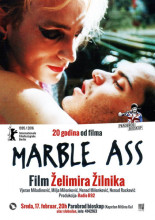
Directed by a master of the Yugoslov Black Wave movement, Marble Ass explores LGBTQ experience—in a part of Eastern Europe, moreover, often very hostile to non-normative identities and lifestyles—with an empathy and dignity rather ahead of its time. The film is also just a boisterous, darkly funny, and very satisfying watch.
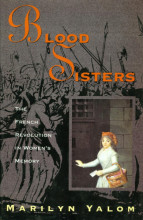
In Blood Sisters, historian Marilyn Yalom tells the story of the French Revolution through the perspective of women’s memoirs. She studied the memoirs of over eighty women, of various ages and social classes, who lived through the French Revolution. Many of them were aristocratic or upper-class women, because they were more likely to be literate, but she also writes about memoirs by poor or working-class women that were dictated to someone else. All of the memoirs make for compelling stories.
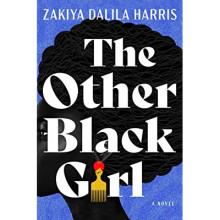
Over the next couple of months, I’m going to post some new additions to the Library’s OverDrive Collection. Enjoy some summer rest and relaxation reading with the following books.
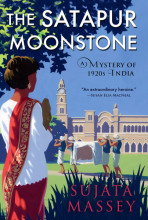
The Satapur Moonstone is a mystery featuring Perveen Mistry, a female lawyer in 1920s India. Perveen travels through the jungle to the princely state of Satapur to settle a dispute between the mother and grandmother of the ten-year-old maharaja over the boy's education. While there, she discovers a web of intrigue. The maharaja's mother thinks that someone is trying to poison her son, and that his older brother's death was no accident. Perveen confirms her suspicions, and realizes the boy is in danger. Will she be able to save him in time?

June is Pride Month! Check out some of the LGBTQA+ books in the Library's OverDrive Collection.
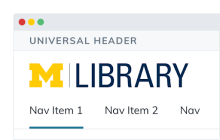
U-M Library’s universal header is the light gray bar at the top of the library website and Library Search that aims to help people recognize that they’re on a U-M Library website, and links to our different sites and services through the “Explore” menu. In the fall of 2020, the Design System Team conducted remote usability testing that helped us to understand people’s experiences and identify opportunities for improvement.
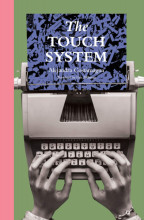
Over the next couple of months, I’m going to post some recent additions to the Library’s OverDrive Collection. Enjoy some casual summer reading with these fiction titles.

This blog post reflects on the work of students to explore the collection-related needs of undergraduate students, through surveys and interviews.

The University of Michigan is offering a rich variety of game-related courses during the Summer and Fall 2021 terms, so we thought we'd highlight them here as well as on our research guide as you're choosing courses. If you're looking for ideas on how to play games online, we'd recommend taking a look at the Online Games page on our research guide.
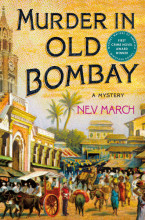
Murder in Old Bombay is the first in a new mystery series by Nev March, set in colonial India in 1892. The main character, Captain Jim Agnihotri, is a wounded Anglo-Indian army officer who learns about the murder of two women from a prominent family while he is recovering in the hospital and reading the newspapers. After leaving the hospital, Jim uses the techniques of his hero, Sherlock Holmes, to help the family find the murderer. Along the way, he falls in love with the daughter of the family, even though their marriage is forbidden because of their differences in race and caste. Jim's investigation takes him all over India, and you learn many details about life in India in the late 19th century.